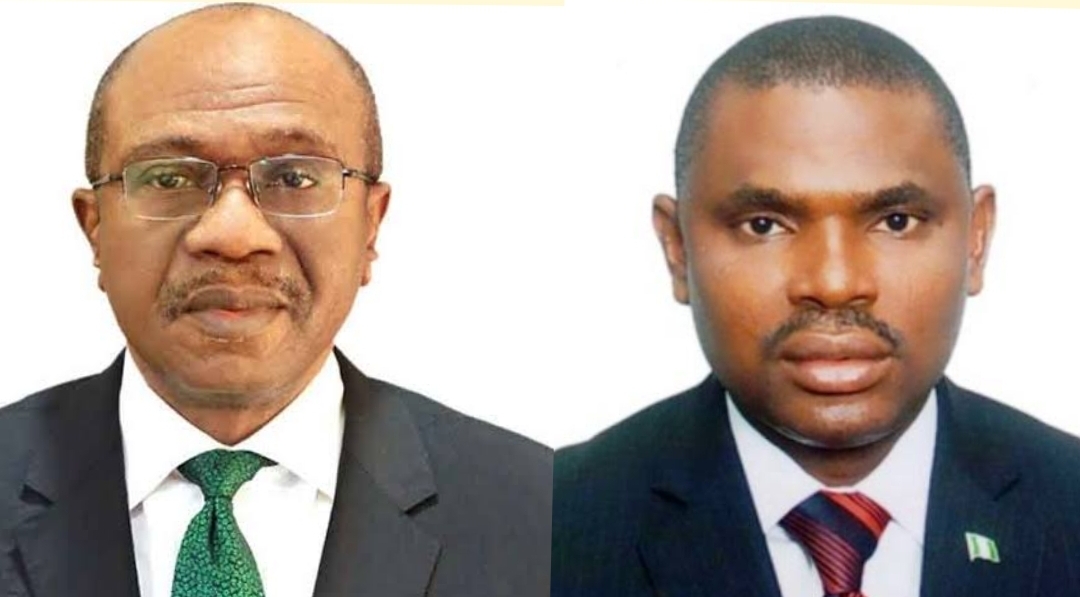SONALA OLUMHENSE FROM PUNCH
On this final day of 2023, we must tell ourselves the truth if Nigeria, as we know it, is to survive. And where we are is that the Nigeria state has collapsed.
While everything appears to be normal, there is an absence of substance or true value. Here are a few indications.
One: The naira is now one of the three worst national currencies on earth, with Bloomberg declaring on Friday that not only is it poised for its worst record in the last 24 years, but that further depreciation is to be expected in 2024.
“The naira plunged 55% this year to 1,043 per dollar as of Thursday, making it the world’s worst performer after the Lebanese pound and the Argentine peso among 151 currencies tracked by Bloomberg,” it said. “And that’s in the official market. On the streets, the currency trades at 1,208 naira per dollar.”
Worse still, soldiers and many federal civil servants did not receive their wages this month, compounding the misery in the country in the Christmas season. Add that to the growing inflation, shortage of the naira, and widespread electricity problems nationwide. Desperate military veterans are planning a public protest for January 15 over their unpaid pensions.
Two: the value of life continues to plumet in the country, people losing their lives in their homes, businesses, farms or highways, with the security agencies rarely investigating or prosecuting anyone. In Plateau State last Saturday, armed assailants killed over 160 people in a series of attacks on villages. Curiously, the army first reported only 16 to have been killed.
“As many as 113 persons have been confirmed killed as Saturday hostilities persisted to early hours of Monday,” Monday Kassah, the Bokko local government chairman, said. On Thursday, he updated the death toll to 200 persons.
These attacks have been happening for decades, one government after another. What is worse is that the so-called bandits have now resumed writing to desperate villages to inform them of forthcoming attacks, evidently knowing that the security forces care about other things.
Three: early in December, dozens of civilians at a Muslim religious celebration in Kaduna State were wiped out in a military drone attack. In the standard government response, President Bola Tinubu ordered “a thorough and full-fledged investigation into the incident and calls for calm while the authorities look diligently into the mishap.”
That is most probably the last that will be heard of that “investigation” because it is not the nature of Nigeria to hold officials accountable, unless they are particularly unlucky. Here is how Al-Jazeera reported this point: “Military air raids in conflict areas across northern Nigeria often cause civilian fatalities as security forces have bombed camps for people already displaced by violence, killed civilians and wounded more in attacks against “terror groups”.
Similarly, in June 2023, Human Rights Watch noted that Nigerian authorities had provided “little information and no justice for a military airstrike on January 24, 2023, that killed 39 civilians and injured at least 6 others.”
It added: “Since 2017, over 300 people are reported to have been killed by airstrikes that the Nigerian air force claimed were intended for bandits or members of the Islamist armed group Boko Haram, but instead hit civilians.”
Translation: Justice is for the rich and powerful, not the nameless.
Four, and speaking of the rich and powerful: seven months after Mr. Tinubu took power, there is no indication that any top officials of the most corrupt and reckless administration in Nigeria’s history will be held to account.



